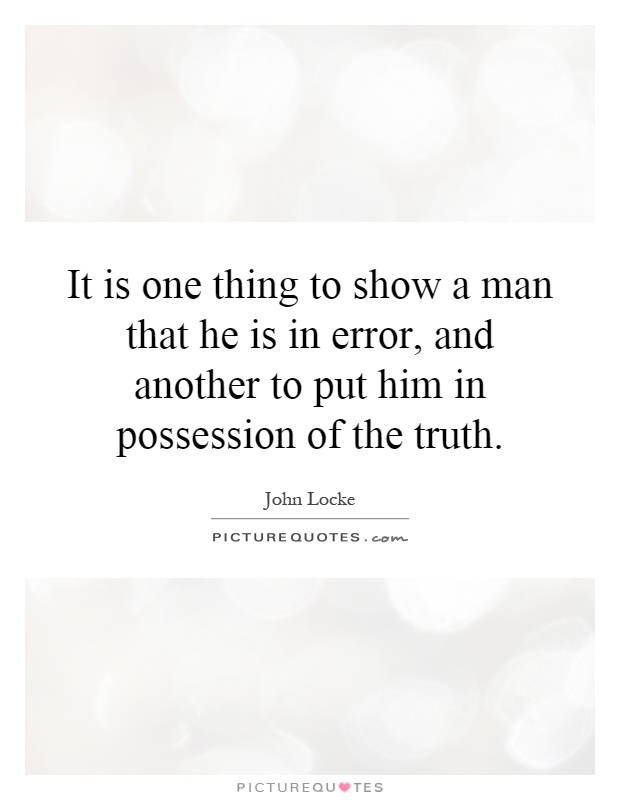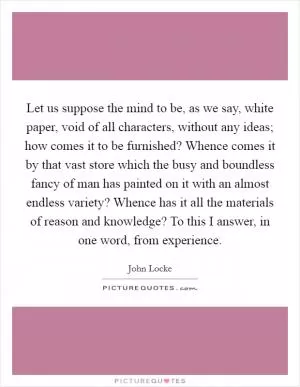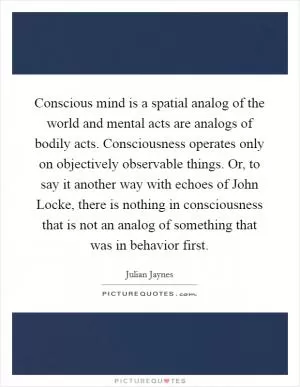It is one thing to show a man that he is in error, and another to put him in possession of the truth

It is one thing to show a man that he is in error, and another to put him in possession of the truth
John Locke, a prominent philosopher of the Enlightenment era, believed in the power of reason and rationality to guide individuals towards truth and knowledge. In his works, Locke emphasized the importance of critical thinking and open-mindedness in the pursuit of truth. One of his famous quotes, “It is one thing to show a man that he is in error, and another to put him in possession of the truth,” encapsulates his belief in the transformative power of knowledge and understanding.Locke’s statement highlights the distinction between merely pointing out someone’s mistake and actually helping them grasp the truth. It is not enough to simply correct someone’s misconceptions; one must also provide them with the necessary tools and information to arrive at the correct understanding. This process requires patience, empathy, and a willingness to engage in meaningful dialogue with others.
Locke’s philosophy on the acquisition of knowledge is rooted in his belief in the importance of individual autonomy and free inquiry. He argued that individuals have the capacity to reason and think for themselves, and that they should be encouraged to question authority and seek out the truth on their own. By engaging in critical thinking and independent inquiry, individuals can overcome ignorance and superstition, and arrive at a more enlightened understanding of the world.












 Friendship Quotes
Friendship Quotes Love Quotes
Love Quotes Life Quotes
Life Quotes Funny Quotes
Funny Quotes Motivational Quotes
Motivational Quotes Inspirational Quotes
Inspirational Quotes